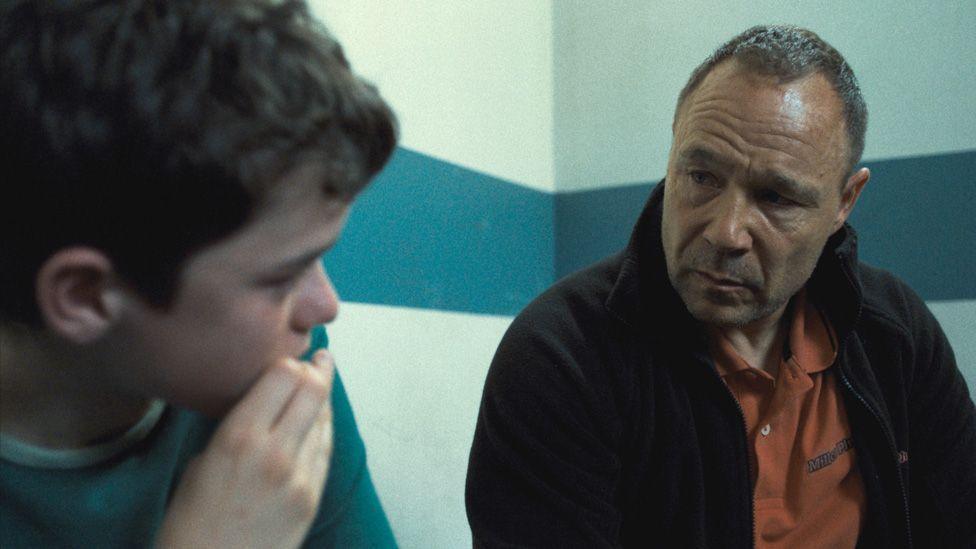
Uncategorised
45% of men say they have struggled with mental health during pandemic
5 years ago

More than four in 10 men are struggling with their mental health during the coronavirus pandemic and a similar proportion feel they have no-one to talk to, a survey suggests.
Some 45% of men struggled with their mental health in the last six months, according to research by the anti-stigma campaign Time to Change.
The survey, of 1,500 UK men, also found that lack of face-to-face contact with friends has left 44% of men feeling they do not have anyone to talk to.
And 44% of men surveyed said they are missing out on chances to support their male friends’ mental health during the pandemic.
Despite opportunities for connection made possible by technology, 53% of men said they feel uncomfortable about discussing mental health on virtual calls and 45% feel more isolated than ever.
One thing to do every single day during lockdown.
? https://t.co/NrQRnO77XS pic.twitter.com/QkmeOTaY1b
— The Guide Liverpool (@TheGuideLpool) November 19, 2020
On average, men have three fewer people in their “support network” – people they would call upon for support with their mental health – since the pandemic hit.
Time to Change is urging people to check in and “ask twice” if they suspect a friend, family member, or colleague might be struggling.
Director Jo Loughran said “The world has changed but being a good friend doesn’t have to.
“2020 has been tough for everyone and while the full impact of the pandemic on our mental health is still unknown, our research shows that many men are struggling.
“With fewer chances to see each other face-to-face, we could be missing signs that our friends are struggling. Even if someone says they’re fine, they might not be.
“So if there’s a friend who’s gone a bit quiet on the group chat – reach out. Ask how they are and ask twice.”
It comes as separate research linked rising job insecurity during the pandemic to mental distress in employees.
Workers facing increased job and financial insecurity at the start of the pandemic suffered a wave of mental distress as it took hold, according to the National Centre for Social Research (NatCen).
Researchers analysed responses from 10,321 adults in April and 8,774 adults in May to the Understanding Society UK household panel study.
One in four employees on furlough (27%) and 10% of those who carried on working said they were in an insecure job in May, compared with 5% of employees before the pandemic.
They found that rates of mental distress among employees were 60% higher in April than before the pandemic, and 50% higher in May, with significant increases among both those who were furloughed and those who continued working.
Furloughed employees in insecure jobs were less likely to experience significant mental distress than their counterparts who continued at work.
The analysis concludes that, while furlough may have offered short-term respite from the immediate economic shocks, mental distress appears to have increased for most people regardless of this help.
The proportion of furloughed workers suffering significant mental distress rose from 19% before the pandemic to 30% in April, before falling slightly to 28% in May.
Dr Neil Smith, NatCen head of evaluation and analysis, said:
“Our analysis makes clear that the benefits of the furlough scheme were greatest for those most vulnerable to economic uncertainty at the onset of the pandemic, with the scheme likely conferring a degree of reassurance and diminished levels of stress usually associated with insecurity.
“Mental distress appears to have increased for most workers regardless of this help, but people in insecure jobs who continued at work experienced the greatest increase.
“Employers and policymakers should consider the impact that insecure employment and low pay can have on the wellbeing of the workforce during this pandemic.”
The NHS has launched a new campaign Help Us Help You to encourage anyone struggling with issues such as anxiety and depression to come forward for assessment and treatment.
Claire Murdoch, NHS national mental health director, said it has “never been more important to seek help.”
She added: “People might feel nervous about burdening the NHS or getting exposed to the virus but remember we are here to help.
“Whether you are a new mum, an older person or struggling with work, please speak to your GP or self-refer online so we can get you the mental health support you need.”









 Subscribe
Subscribe Follow Us
Follow Us Follow Us
Follow Us Follow Us
Follow Us Follow Us
Follow Us Follow Us
Follow Us











